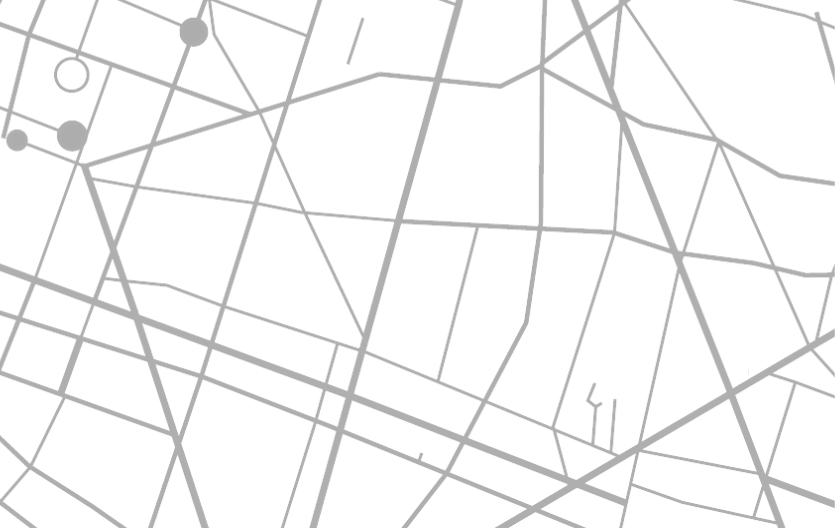 TWENTY-THREE
TWENTY-THREE
TWO DAYS EARLIER
After a seven-day voyage through the Mediterranean Sea, around the Iberian Peninsula, and north up the Atlantic past France, the cargo ship Remora Bay entered the English Channel on its way to port in Amsterdam.
It had been an uneventful journey for the crew, other than the fact that, every night, all except the captain at the helm were ordered into their cabins for ninety minutes, presumably so the human cargo stored on board could get some fresh sea air.
The channel was misty, with low clouds hanging over the water, but they broke back into sunlight as they passed Antwerp to the east, and by nightfall they had reached the North Sea. The faint glow of light from the Dutch coast at Den Hague was just visible to the crew in the distance off the starboard side, and became more so as the ship’s course tracked ever closer to land. By the time they approached Amsterdam, the city lights were in full view.
At midnight they changed course, headed due east now through the Frisian Islands and the Wadden Sea, heading back on a southerly course, past the city of Harlingen and down towards Amsterdam.
At two a.m., the Remora Bay slowed to seven knots, and the crew retired to their cabins on orders. Only the captain was at the helm when a twenty-one-meter fishing trawler steamed into view, first on radar, and then visually as it turned on its spotlights.
A pair of large Zodiac skiffs were launched from the vessel; the captain had been instructed to pay no attention to the name of the ship, but its stern was visible in the deck lights and the name Gerda prominent in white on the dark blue hull.
As the captain watched, the Zodiacs came up alongside the Remora Bay, and on the deck men climbed out of the cargo hold, one by one, each carrying a heavy pack. A large climbing net was tossed over the side, and his human cargo began moving down it.
The captain couldn’t see the Zodiacs abreast of his vessel, and this bothered him, because he had to continue making at least seven knots so as not to arouse the suspicions of anyone tracking the Remora Bay electronically.
The Gerda steamed along, just a few hundred meters to the east, at the same speed, which would have looked suspicious if the two vessels kept this up for long.
Minutes later, however, the Zodiacs pulled away; the captain could tell from a brief flash of the Gerda’s spotlights that both boats were laden with men and baggage, and the captain both increased his speed towards Amsterdam and sent word out through the intercom that the rest of the crew could come topside. It had been a stressful week, but it was over now, and the rest of this journey would be normal.
He looked forward to being relieved by his first mate and retiring to his quarters, where a bottle of scotch waited for just this moment.
His transport of fifteen men into Europe had earned him, if not an actual fortune, certainly a fortune to a forty-year-old cargo ship captain from Indonesia.
The two skiffs made landfall just north of Harlingen, and the fourteen Iranians and one Emirati climbed out of the boats, up a low stone dyke, and then down the other side. There was little moonlight; Hasan had planned his landing date with this in mind, so it took the men a moment to find the two work vans parked on a gravel access road through a field of sugar beets.
The sound of the Zodiacs racing back to the Gerda faded away slowly as the Emirati split the team of Iranians up into the vans, and soon they were all driving to the east.
They passed through the towns of Franeker, then Leeuwarden, still hours before sunrise. They were careful to keep some distance between the two nearly identical vehicles, and to keep their speed under the limit. Other than the drivers, the rest of the men held weapons at the low ready, prepared to kill any law enforcement who impeded their travel. Hasan was the only one among them who had ever been to Europe, and although some had been taught English in school, they wouldn’t pass for anything other than foreigners without papers while carrying guns.
But they remained unmolested, and just as the orange hues of dawn began to fill the air, Hasan directed the lead van up the drive of a tree-shrouded farmhouse on Adelheiderstrasse, just outside Bremen, Germany. Here Hasan climbed out, scanned the area, then waved for the Iranians to follow him. The weary men climbed out, slung their packs and their weapons over their shoulders, and went inside.
Waiting for them there, wearing comfortable Western clothing, was another Emirati man they had seen at the prison in Yemen alongside the mastermind of this operation, the Sunni they knew only as Tarik.
He would be SIA, the Iranians knew, just like Hasan, and just like Tarik.
“Call me Mohammed,” the man said after greeting Hasan with a warm hug. “Welcome, my brothers. You have arrived just in time for prayers.”